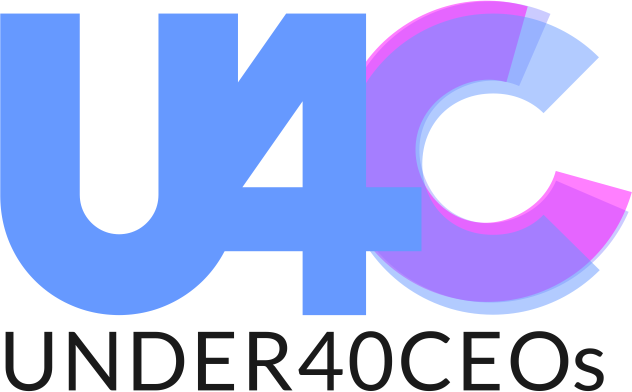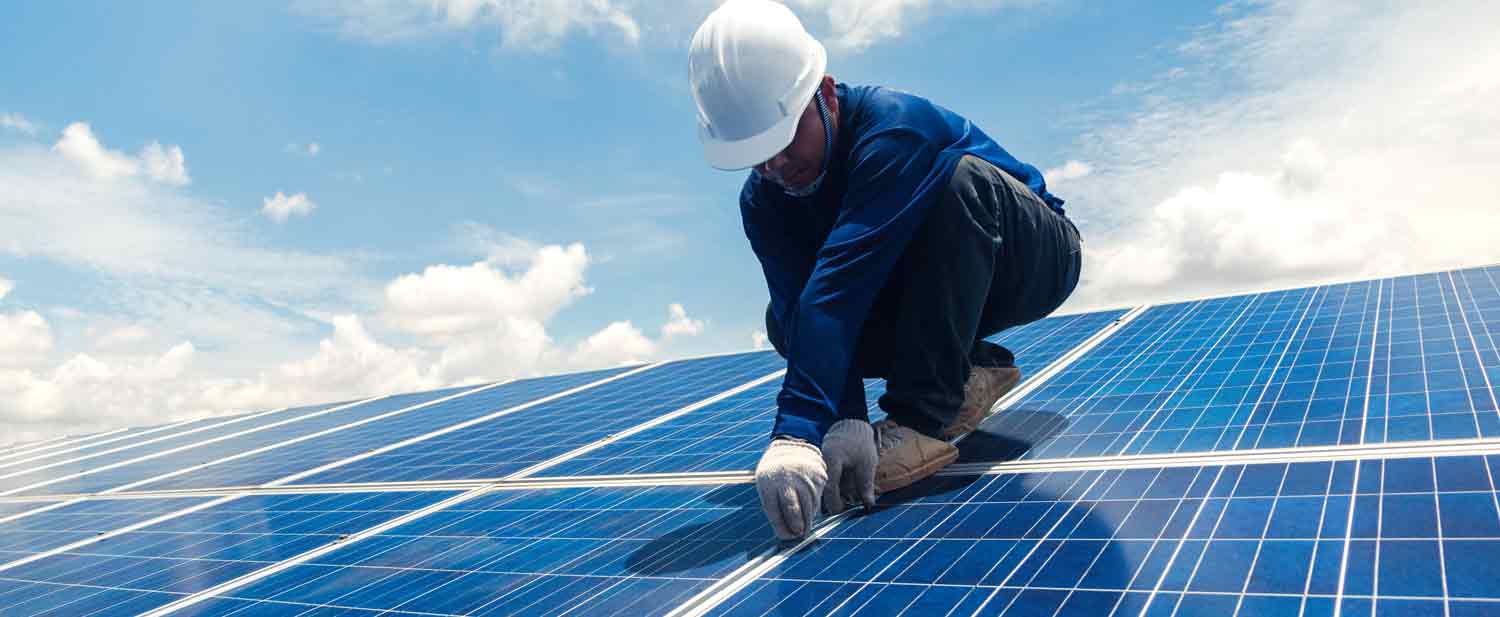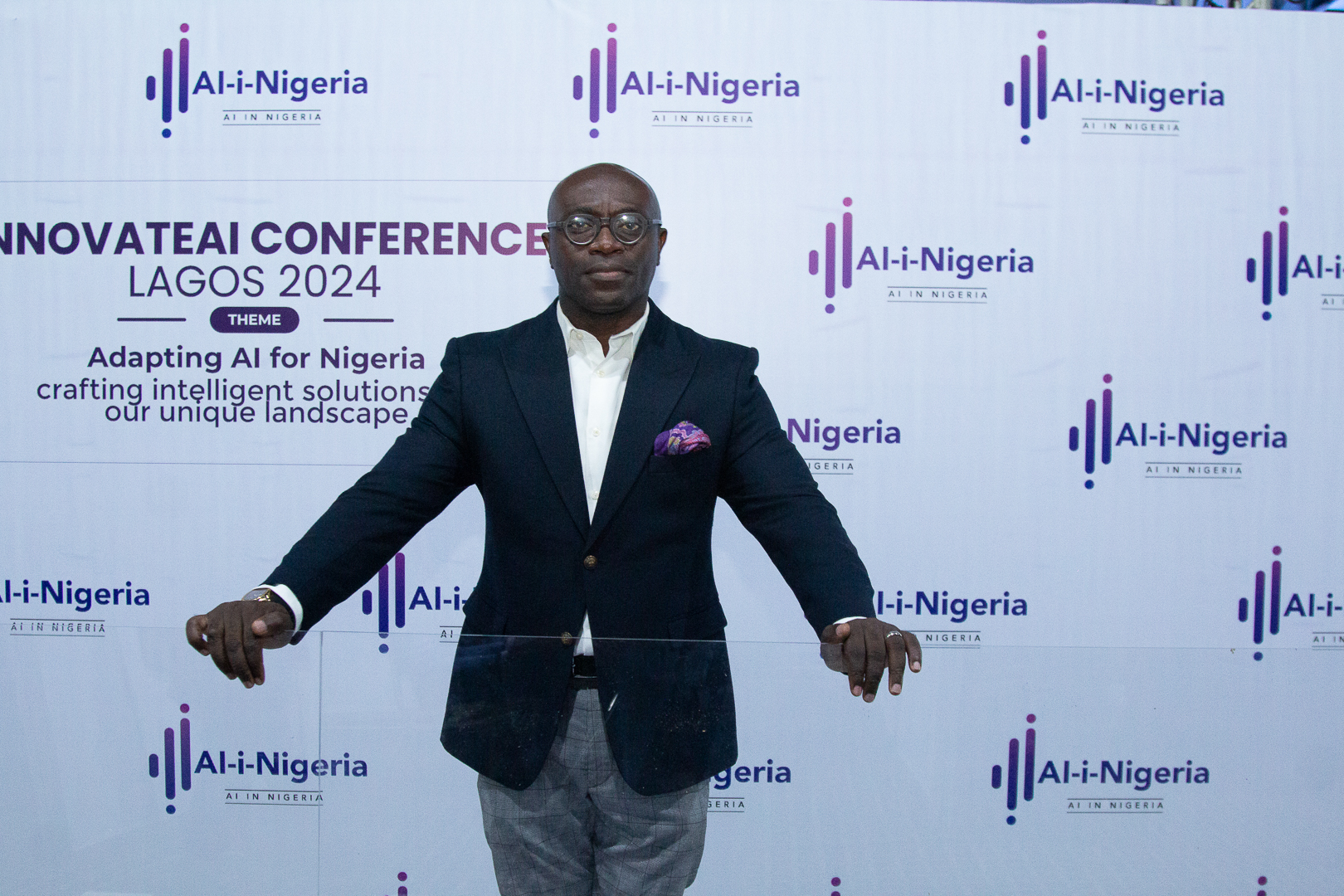Africa’s small and medium-sized businesses receive around $70 billion in credit each year. The International Finance Corporation, on the other hand, thinks that the gap is greater than $300 billion.
Why is there a void? During a recent TechCabal Live discussion on financing renewable energy firms in Africa, Michael Famoroti, chief economist at Stears, highlighted two reasons.
First and foremost, there is a lack of information.
Many credit providers appear to be lacking in information with which to assess borrowers’ risk worthiness. As most bank customers who have attempted to obtain personal loans are aware, this problem exists at the retail level.
However, it is probably a more serious issue for SMEs and startups, whose ventures are often considered high-risk and unproven.
The second argument given by Famoroti is that the anticipated use of the funds may not be of sufficient value to credit providers. In this instance, creditors may choose to play it safe by financing established businesses such as real estate or banking, while remaining wary of promising but new initiatives. Take, for example, renewable energy.
So, how do you get funding for a renewable energy startup to provide electricity to the more than 50 percent of people in SubSaharan Africa who don’t have it?
Marly Diallo, Wiebe Boer, and Christian Wessels were among the attendees at the TechCabal Live event.
Diallo is the founder and CEO of BRT Energy, a company that recycles batteries by decreasing lead-acid waste. She began her career in fintech and banking, but when it came time to seek funds for BRT, she encountered numerous obstacles.
In the early days of BRT, she met the requirements for a specific funding scheme. However, she was denied access to the funds because she could not provide three years of financial statements.
Marly’s experience isn’t unique.
Wessels, Daystar Power’s co-founder, and CEO has a history in banking, having spent years at Barclays. Daystar, which was founded in 2017, now has operations in Ghana, Nigeria, Senegal, and the Ivory Coast, where it provides hybrid energy solutions that mix solar and generator sets.
They received $38 million in a Series B round last year, although the majority of the money came from Nordic development financing agencies. Wessels, on the other hand, recalls the nervousness he felt when trying to raise money in his hometown.
“In our financing, Nigerian banks played no part. That isn’t ideal since we don’t like the thought of receiving money primarily from outside of West Africa.
“I mean, thank goodness we got the money, but why do we have to rely on DFIs and European investors when what we’re doing is valuable locally?”
Such events scare entrepreneurs and give the impression that there are no financial options for renewable energy in Africa. Some organizations, on the other hand, have come on board with a positive outlook.
All On is an off-grid energy impact investing firm that is completely independent. Shell, the oil firm, established it as a mechanism for giving back to Nigeria by investing in the renewable energy sector. Shell donated the initial money, but the company does not profit from it.
All On’s managing director, Wiebe Boer, empathizes with founders that want capital yet have few options. With banks being an evident “waste of time,” he suggests that most founders would continue to rely on family and friends as their first line of defense.
From there, you might be able to get money for projects that are still in the planning stages through All On’s programs. For the time being, the company is collaborating with two organizations: the Clean Tech Hub in Abuja and the Nigeria Climate Innovation Centre in Lagos. These programs offer cash prizes of up to $10,000.
Above that, there’s a $50,000 debt investment stage for enterprises doing their first mini-grid or importing solar equipment, for example. This is done in collaboration with the US Africa Development Foundation. The USADF will match All On’s $50,000 loan with a $50,000 award.
After this stage, All On might invest further in promising firms. Auxano, a solar equipment startup, for example, secured a $50,000 loan in 2018. All On invested $1.5 million in September to help the firm scale its assembly line over the next five years, based on its performance.
“It’s all about being credible from the start and delivering, even if it’s on a small scale. Investors will be able to give you more money as a result,” adds Boer.
Marly, the BRT founder, has discovered that a pilot program might be effective in demonstrating the value of an investor’s finances.
“To gain clients, you need to prove your ideas by running pilots.
You must ensure that whatever you are promoting is accepted by the market,” she explained.
Wessels, who now has access to entrepreneurial support networks such as Endeavor Nigeria, which allows Daystar to obtain more finance, believes that young founders would require a lot of patience and persistence along the road. He hopes they stick it out, though, since “ultimately, there is a large market to serve.”










